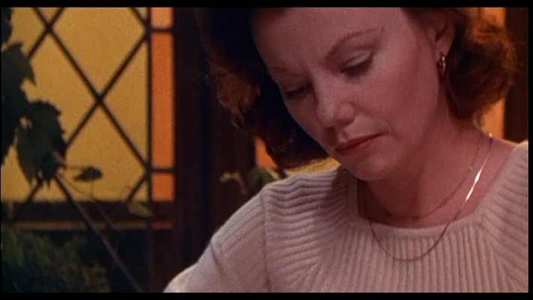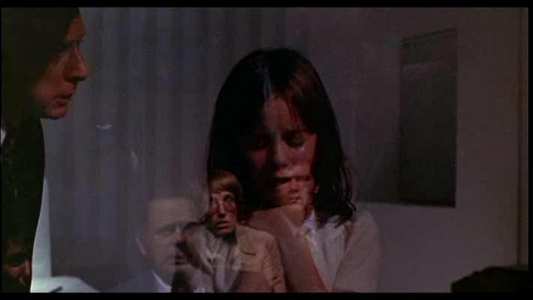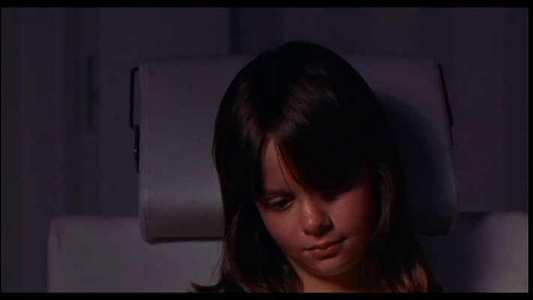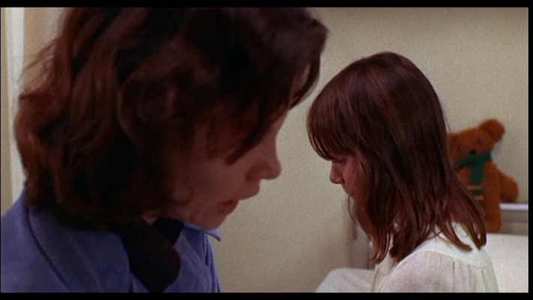Review of Audrey Rose
Introduction
"There is no end. For the soul there is never birth or death. Nor, having once been born, does it ever cease to be. It is unborn, eternal, ever -existing, undying and primeval." The Bhagavad-Gita.
So ends the movie `Audrey Rose`. Principally a tale about re-incarnation, this 70`s movie still reflects the trend for possessed female innocents that proved popular at the time. Films like `Rosemary`s Baby` (1968), `The Exorcist` (1973) and `Carrie` (1976) were big business at the time, and possibly persuaded the backers to give this unusually bleak tale a try.
Director Robert Wise, best known to horror fans as the Director of, The Haunting, (and also famed for `The Sound of Music` and `West Side Story`) directed this movie just prior to his virtual retirement. (He squeezed in the first `Star Trek` movie before folding up the Directors chair more or less for good…)
It`s a film about a young girl, Ivy Templeton (Susan Swift), who seems to be an average and contended 11-year-old child. She has two handsome and wealthy parents who clearly dote on her and the film opens with some wonderful autumnal exteriors in New York`s parks as we see her on her bike with her family. We also see her in a number of other locations (such as the school gates) when, as a viewer, we start to note with increased prominence the constant presence of a bearded man in a raincoat. (Anthony Hopkins).
The movie is divided, in a way, into three Acts - the first involving this sinister stalker. The parents (played superbly by under-rated Marsha Mason, and smoothie John Beck) become aware of the stranger`s presence but can`t get any help from the police. When the mother is involved in an accident, and fails to collect Ivy from school, the stranger seemingly abducts the child. The scenes of the Mother chasing through the back streets of New York chasing a fleeting image of a running child are borrowed straight from `Don`t Look Now` and are equally disturbing.
Eventually the stranger, Elliot Hoover, makes contact, claiming that Ivy is the reincarnation of a daughter he lost in a tragic car accident moments before Ivy`s birth. Hopkins shows great early potential in the role, delivering his lines with a quiet calm that betrays barely suppressed hysteria. He`s a man who knows his theory is right, but also knows convincing others won`t be easy.
The father is incensed that this supposed madman has come into their life, and all but blames him for the increased nightmares of their daughter - who appears to believe that she is trapped inside a burning car, even burning her hands on the cold window as she beats against it. Only Hoover can calm her by calling her `Audrey Rose` and telling her that `…daddy is here.`
The third `Act` in the movie happens in a courtroom where Hoover is accused of abducting the daughter. This is where the `can reincarnation be true?` question is to be played out. A scene where Ivy undergoes regressive hypnotism makes uncomfortable viewing, though concludes the movie on a dramatic high.

Video
Audrey Rose is presented in a 1.85:1 widescreen anamorphic transfer It`s a little grainy though many movies produced at this time were deliberately stylised in this way. The transfer is standard `reach for the print off the shelf` stuff from MGM, but it`s not too bad. Black levels may need to be pumped manually using your contrast control as they`re a little washed out here. There are some signs of wear but nothing that will spoil your enjoyment.

Audio
The sound is Dolby digital mono, but is first class. Dialogue, often whispered, frequently screamed, is all well balanced and clear.

Features
None other than a fistful of audio and subtitle options.

Conclusion
This movie, possibly cashing in on the `possessed child` theme so popular at the time, explores the disturbing possibilities of reincarnation, and does so with some intelligence and style. It`s a melancholy movie, set during a New York Autumn, and it`s filled with a constant nagging despair that makes it uncomfortable viewing. Whilst a little slow, it`s technically well directed by Robert Wise, but suffers from a screenplay with just too much dialogue. Ivy`s mother is played brilliantly by Marsha Mason, though Ivy, played by 12 year old Susan Swift, is far less convincing. A youthful looking Anthony Hopkins gives us a glimpse of the character that he was to play so well in Lynch`s `The Elephant Man` more than a decade later - a gentle, calm voiced man who is barely able to suppress the growing hysteria within. `Audrey Rose` makes uncomfortable viewing, and would be particularly distressing for anyone who has lost relatives or loved ones in a car accident. It will also have a particularly distressing resonance for those with children of a similar age. But for all of that, and extremely thought provoking movie.
Your Opinions and Comments
Be the first to post a comment!